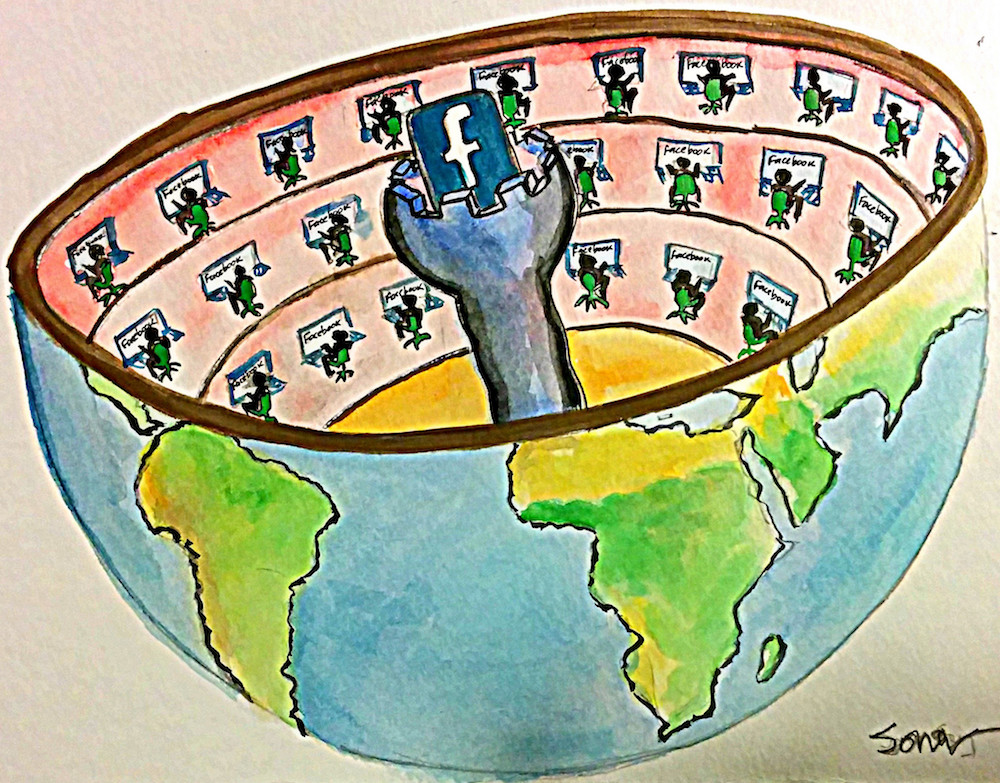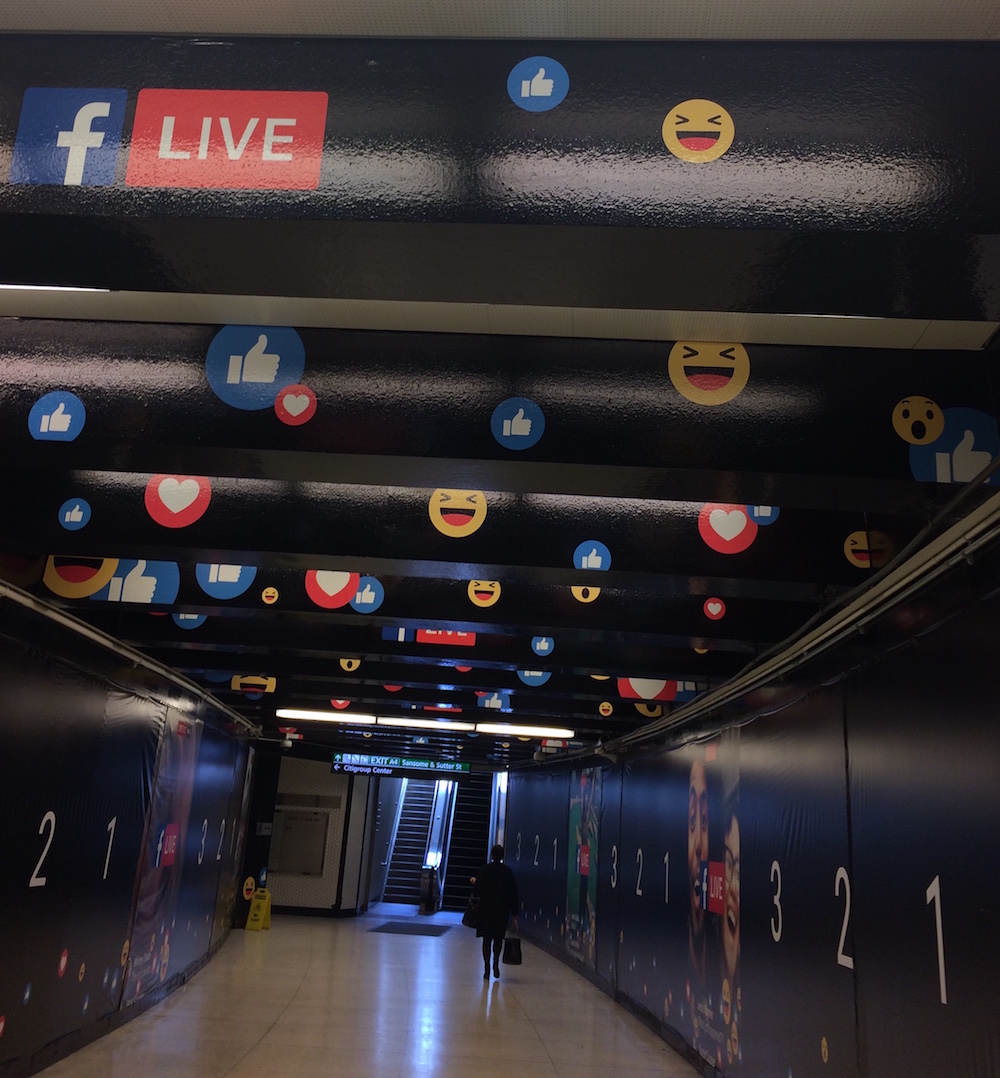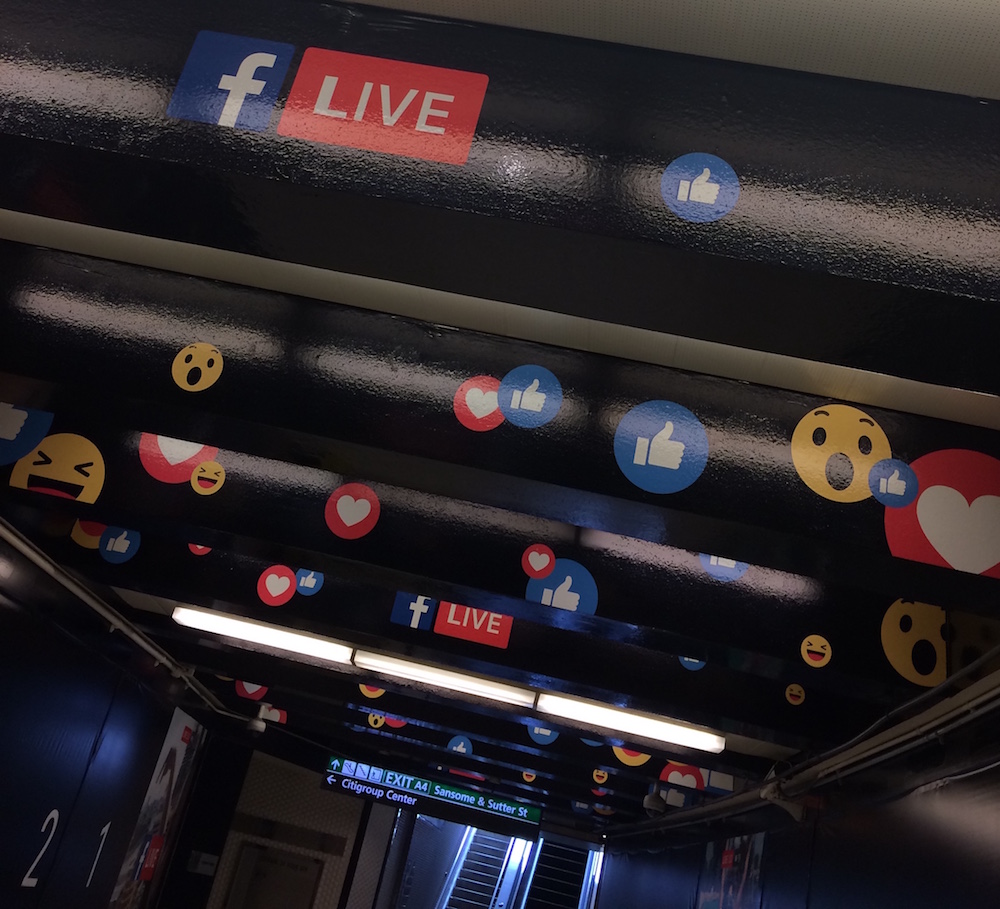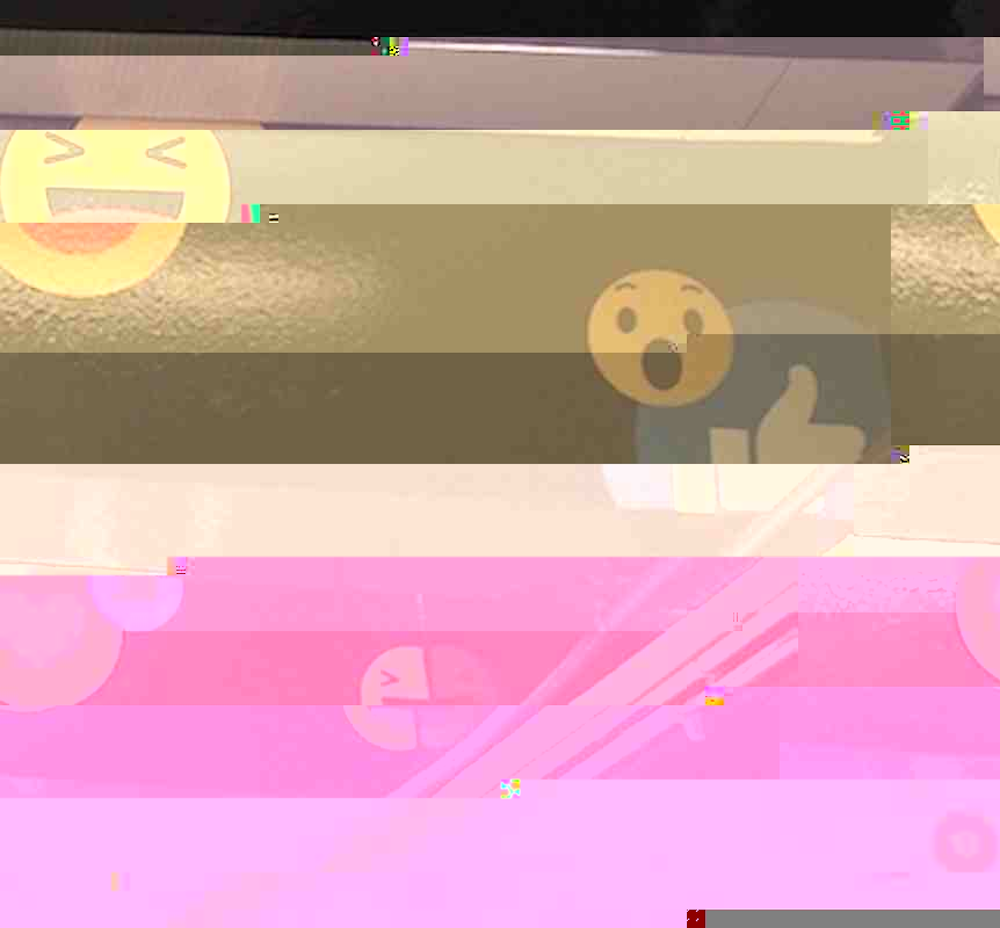The following is Tim Herd’s response to the previous dispatch about sousveillance.
A tech executive was quoted saying something like, “Privacy is dead. Deal with it.” [According to the Wall Street Journal, it was Scott McNealy of Sun Microsystems. He said, “You have zero privacy anyway. Get over it.”]
I think he’s right, for most working definitions of “privacy”. I think that security professionals, privacy advocates, etc, are fighting rearguard actions and they will lose eventually.
Less than a year after Amazon rolls out Alexa, cops pull audio from it to get evidence for a conviction. That microphone is on 24/7, and in full knowledge of this people still buy them.
Why?
Information is valuable. The same technology that lets me look up photos of your house for shits and grins, or to stalk you, is what powers Google Maps.
Privacy and these new technologies will, and have already, come into conflict. The value of the new tech is way, way more than the value of the privacy lost.
This can devolve into 1984 lightning fast. On the other hand, think about this: “Probably the best-known recent example of sousveillance is when Los Angeles resident George Holliday videotaped police officers beating Rodney King after he had been stopped for a traffic violation.” [From the Steve Mann paper.]
The same surveillance tech that makes us spied on all the time, makes other people spied on all the time. I can’t get up to no good, but cops can’t either.
It’s a tool, and it all depends on how it’s used.
Take me, for example. With a handful of exceptions that I am not putting to paper, there is nothing in my life that is particularly problematic. If the government were spying on me 24/7, it wouldn’t even matter. I have nothing to hide.
(I understand the implications regarding wider social norms. I’m working under the assumption that That Ship Has Sailed.)
The people who do have things to hide, well, we made that shit illegal for a reason. Why should I care when they get burned? That’s the whole goddamn point of the law.
(Aside: I believe that the more strictly enforced a law is, the better it is for everyone overall, because consistency of expectations is important. I bet that the roads would be much safer and more orderly if every single time anyone sped, ever, they automatically got a speeding ticket. Always. No matter what. No cat-and-mouse games with cops, no wondering which lights have speed cameras. Just a dirt-simple law. Here is the rule. Follow it and we are fine. Break it and you will always lose. So many problems are caused by people trying to game the rules, break them whenever possible, and follow them only when they have to.)
(Continued aside: Obviously shit would hit the fan if we started automatically 100% enforcing every traffic law. But you better believe that within a month of that policy being rolled out nationwide, speed limits would rise by at least 50%.)
The reason we care about surveillance is that a lot of things are more illegal than we think they should be.
Obvious example: In a world of perfect surveillance, 50% of California gets thrown in federal prison for smoking weed.
All of this is build-up to my hypothesis:
- The fully surveilled world is coming, whether we like it or not.
- This will bring us a ton of benefits if we’re smart and brave enough to leverage it.
- This will bring an unprecedented ability for authorities to impose on us and coerce us, if we are not careful.
Which brings me to the actual thesis: Libertarianism and formal anarchy is going to be way more important in the near future, to cope with this. In a world of perfect surveillance, every person in San Francisco can be thrown in prison if a prosecutor feels like it. Because, for example, literally every in-law rental is illegal (unless they changed the law).
The way you get a perfect surveillance world without everyone going to prison is drastic liberalization of criminal law, drastic reduction of regulatory law, and live-and-let-live social norms that focus very precisely on harms suffered and on restorative justice.
A more general idea that I am anchoring everything on: A lot of people think tech is bad, but that is because they do not take agency over it. Tech is a tool with unimaginable potential for good… if you take initiative and use it. If you sit back and just wait for it to happen, it goes bad.
If you sit back and wait as Facebook starts spying on you more and more, then you will get burned. But if instead you take advantage of it and come up with a harebrained scheme to find dates by using Facebook’s extremely powerful ad-targeting technology… you will benefit so hard.
Header artwork depicting Facebook as a global panopticon by Joelle L.






